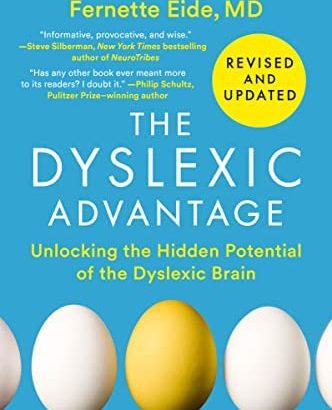
The First Edition was Great; This One is Even Better! I first reviewed this powerhouse of information back in 2017. So why did I buy the 2023 Revised and Updated edition? Because A LOT has happened in dyslexia research in the past few years, and the Eide’s are in the thick of it. This book […]






